Windows 10 22H2 Build 19045.4353: New account-related notifications for Microsoft accounts
3 min. read
Published on
Read our disclosure page to find out how can you help MSPoweruser sustain the editorial team Read more

Microsoft released Windows 10 22H2 Build 19045.4353 (KB5036979) to the Release Preview Channel for Insiders on Windows 10 version 22H2.
You’ll start seeing notifications related to your Microsoft account in Settings > Home.
These notifications keep you informed about various aspects of your account. You will be notified about your account status, including any important security information or recent activity that pertains to your account’s security.
Additionally, you’ll receive updates regarding your Microsoft subscriptions, such as Office 365 or OneDrive storage. Microsoft will alert you about security settings, suggesting when it might be beneficial to enable two-factor authentication or update your password to enhance your account’s security.
The notifications will appear in two places:
- Start Menu
- Settings: Notifications will be displayed directly in Settings > Home.
If you find these notifications overwhelming, you can manage them in Settings. Here’s how:
- Go to Settings > Privacy & security > General.
- Under Notifications, you can control how notifications are displayed for all apps, including Microsoft account notifications.
Here are additional changes
- This update addresses an issue that affects app licensing. Because of this, Copilot in Windows (in preview) does not work as you expect.
- This update addresses an issue that occurs when your device resumes from Modern Standby. You might get the stop error, “0x9f DRIVER_POWER_STATE_FAILURE.”
- This update addresses a race condition that might stop a machine from starting up. This occurs when you set up a bootloader to start up multiple OSes.
- This update affects media allocations. It improves their memory granularity for some hardware setups. This lowers overcommitment. Also, performance is more efficient.
- This update addresses an issue that affects an accelerator backing store management path. A memory leak occurs that affects some devices.
- This update makes Country and Operator Settings Asset (COSA) profiles up to date for some mobile operators.
- This update addresses an issue that affects the container networking Address Resolution Protocol (ARP). It returns the wrong Virtual Subnet ID (VSID) for external ports.
- This update affects hypervisor-protected code integrity (HVCI). It accepts drivers that are now compatible.
- This update includes quarterly changes to the Windows Kernel Vulnerable Driver Blocklist file, DriverSiPolicy.p7b. It adds to the list of drivers that are at risk for Bring Your Own Vulnerable Driver (BYOVD) attacks.
- This update addresses an issue that affects Protected Process Light (PPL) protections. You can bypass them.
- This update addresses an issue that affects some wireless earbuds. Bluetooth connections are not stable. This occurs on devices that have firmware from April 2023 and later.
- This update addresses an issue that affects the Distributed Transaction Coordinator (DTC). A memory leak occurs when it retrieves mappings.
- This update addresses an issue that affects Windows Local Administrator Password Solution (LAPS). Its Post Authentication Actions (PAA) do not occur at the end of the grace period. Instead, they occur at restart.
- This update makes some changes to Windows Search. It is now more reliable, and it is easier to find an app after you install it. This update also gives you a personalized app search experience.
More here.

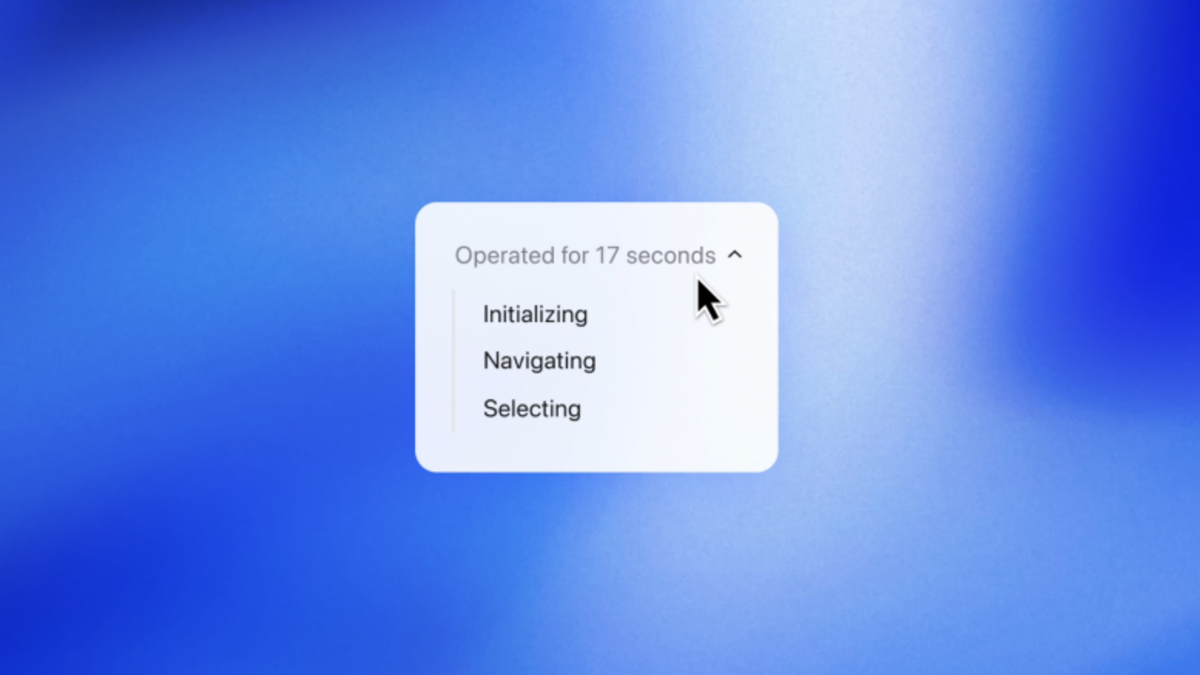
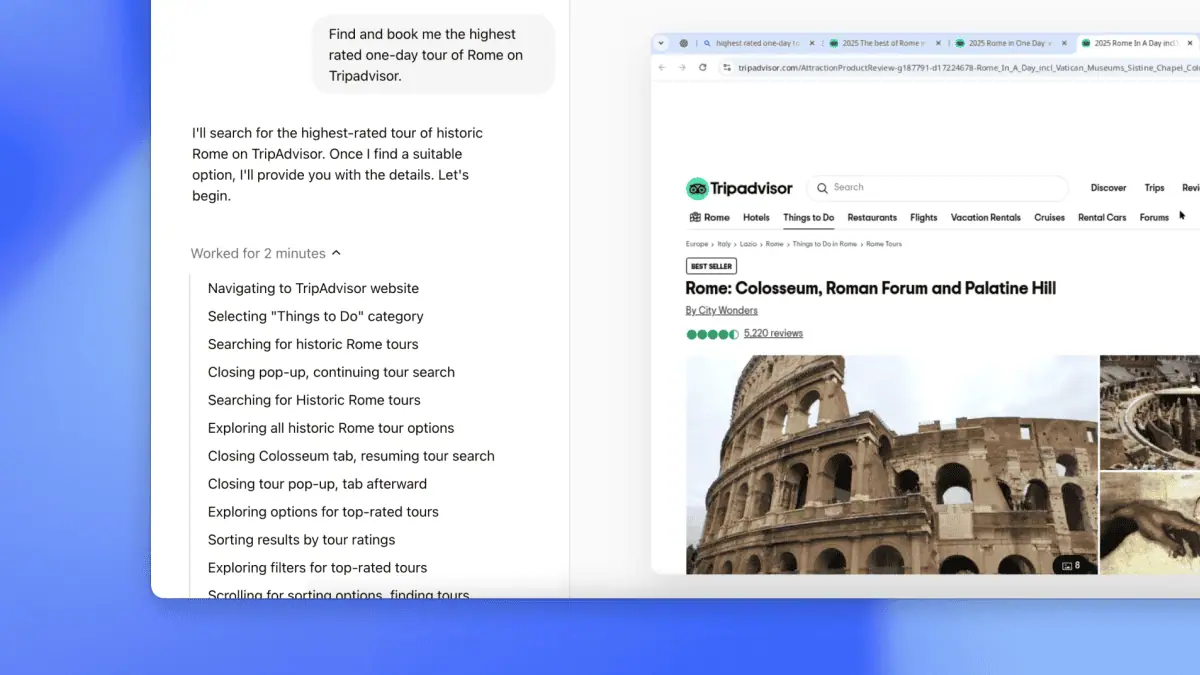

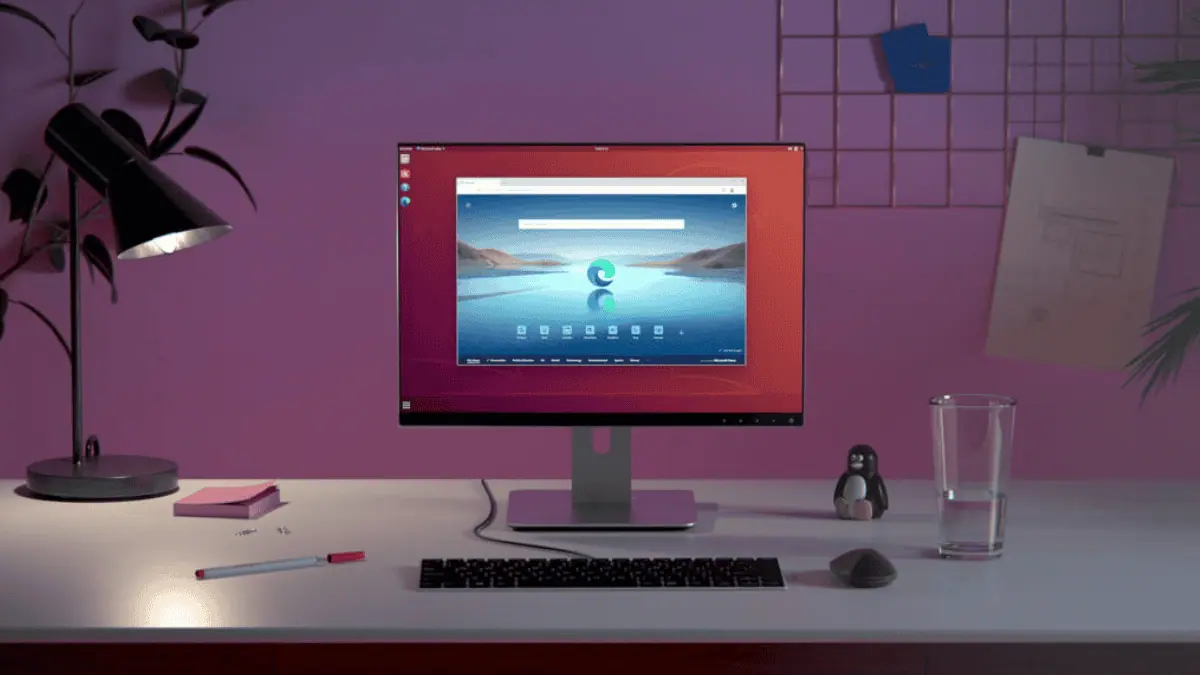
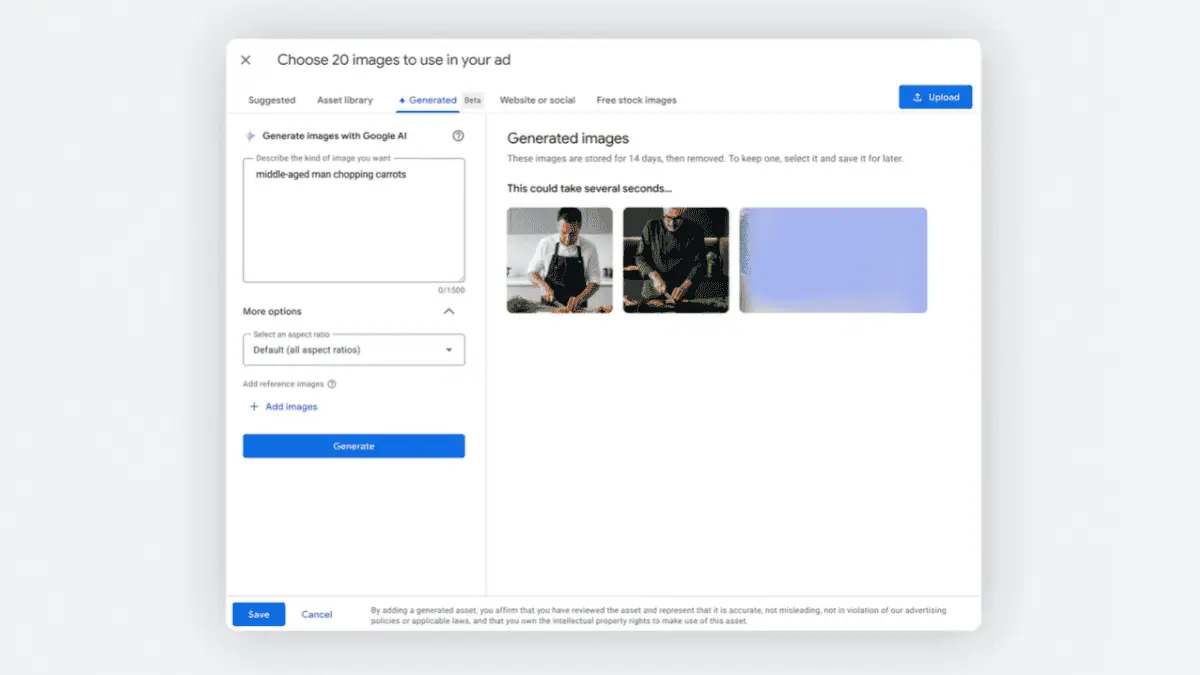
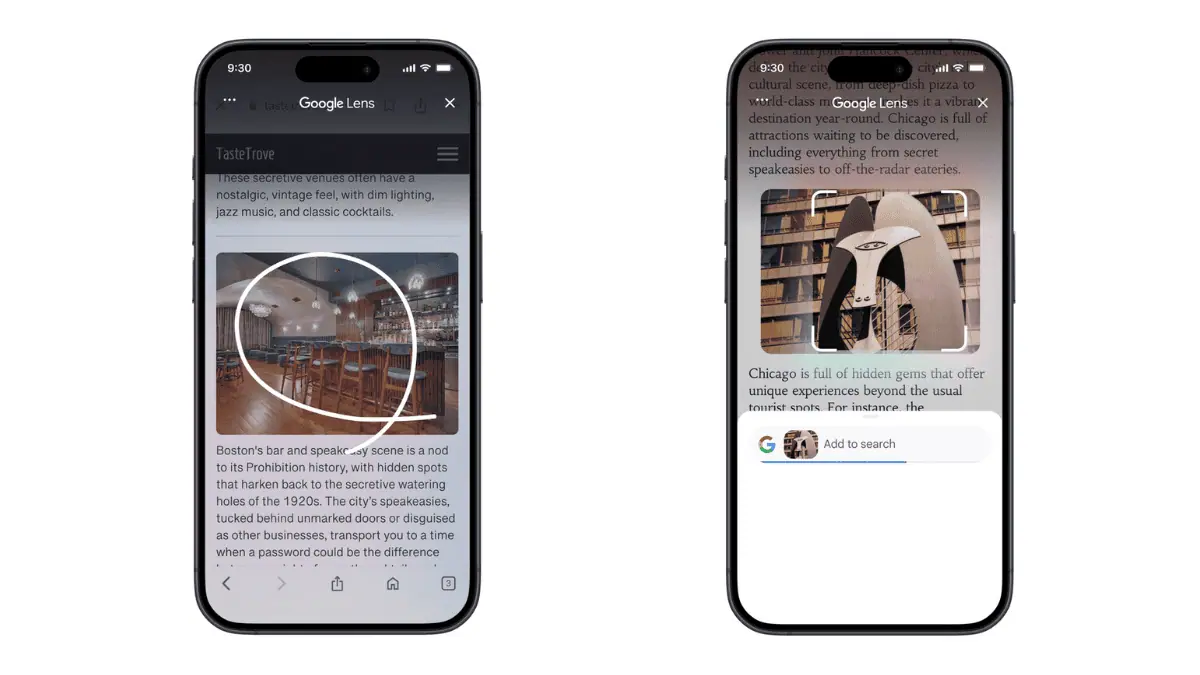

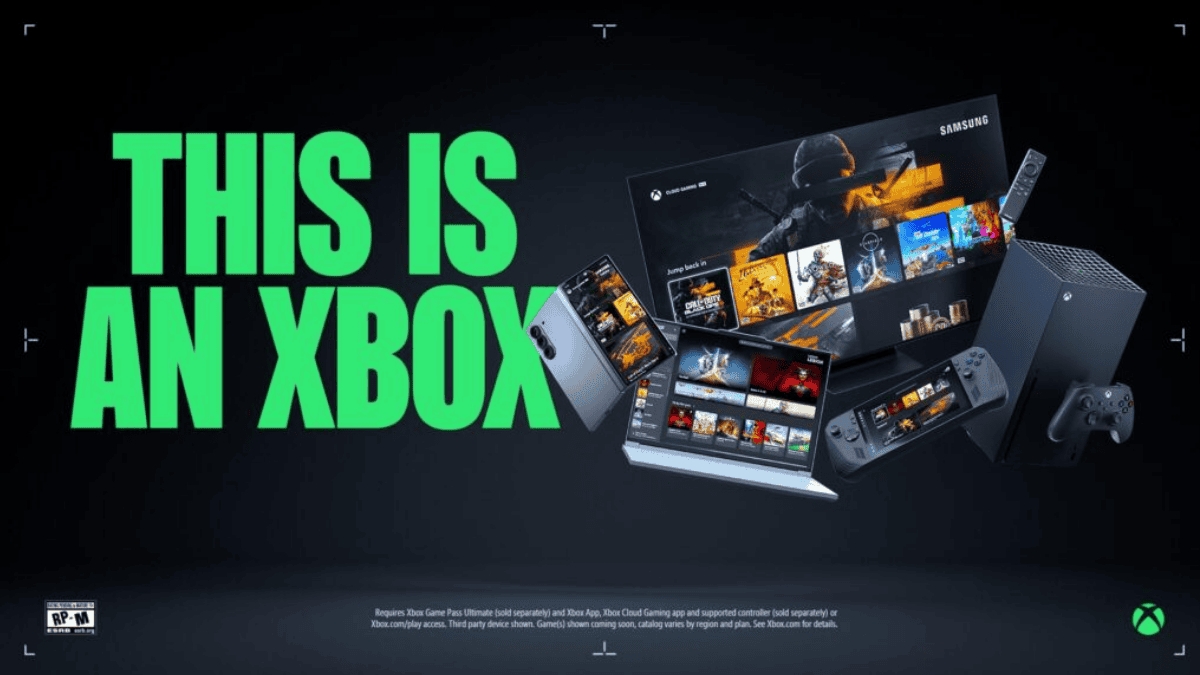
User forum
0 messages